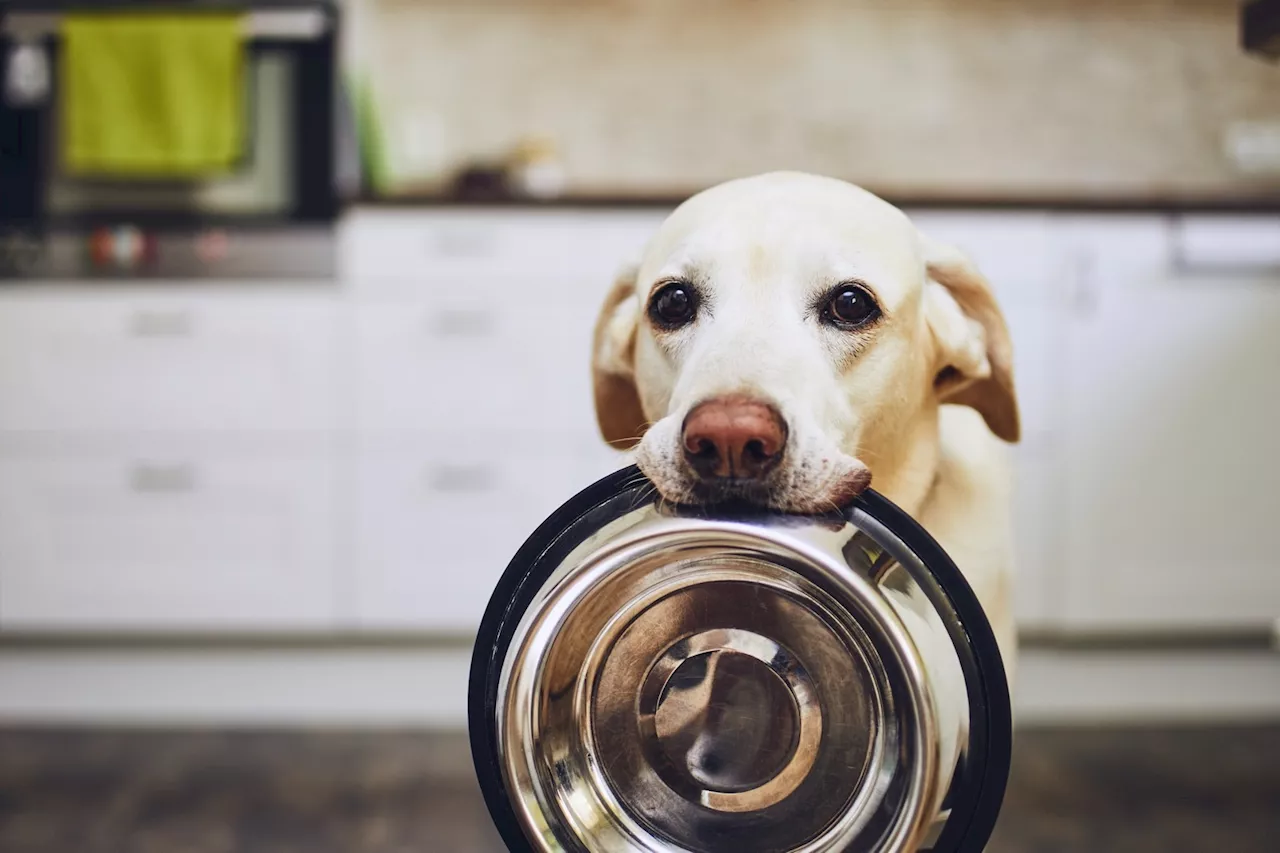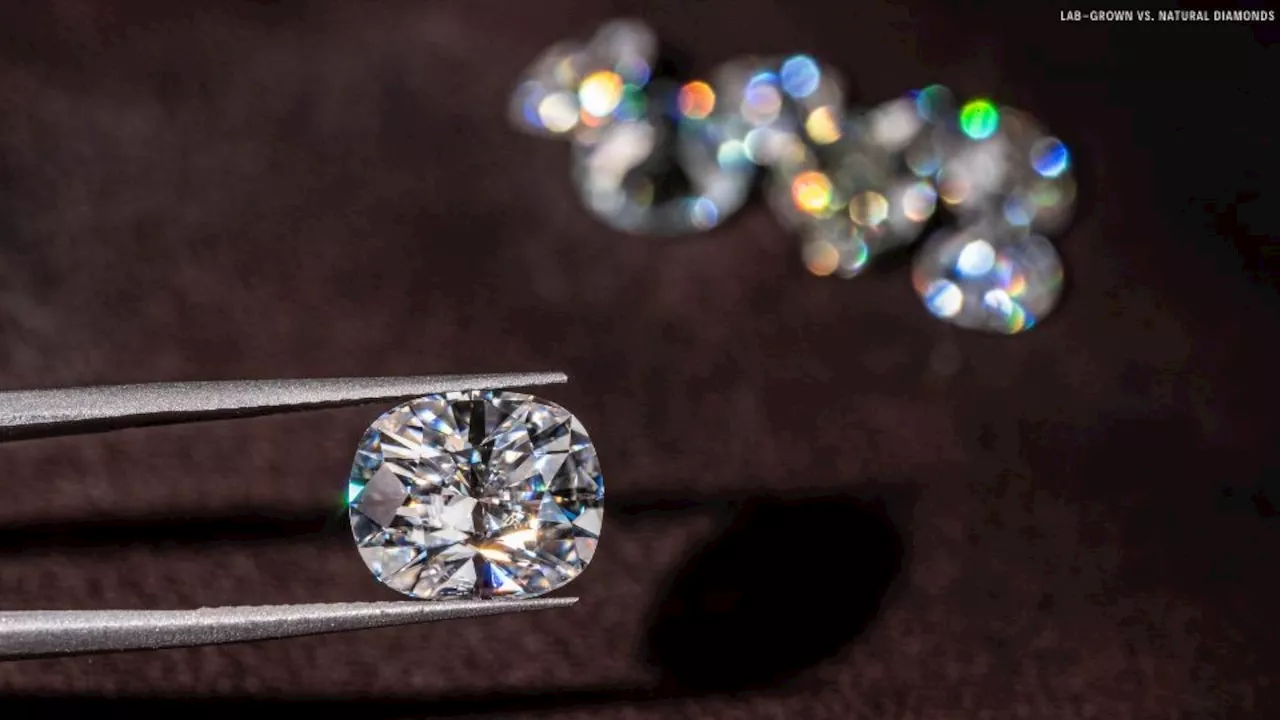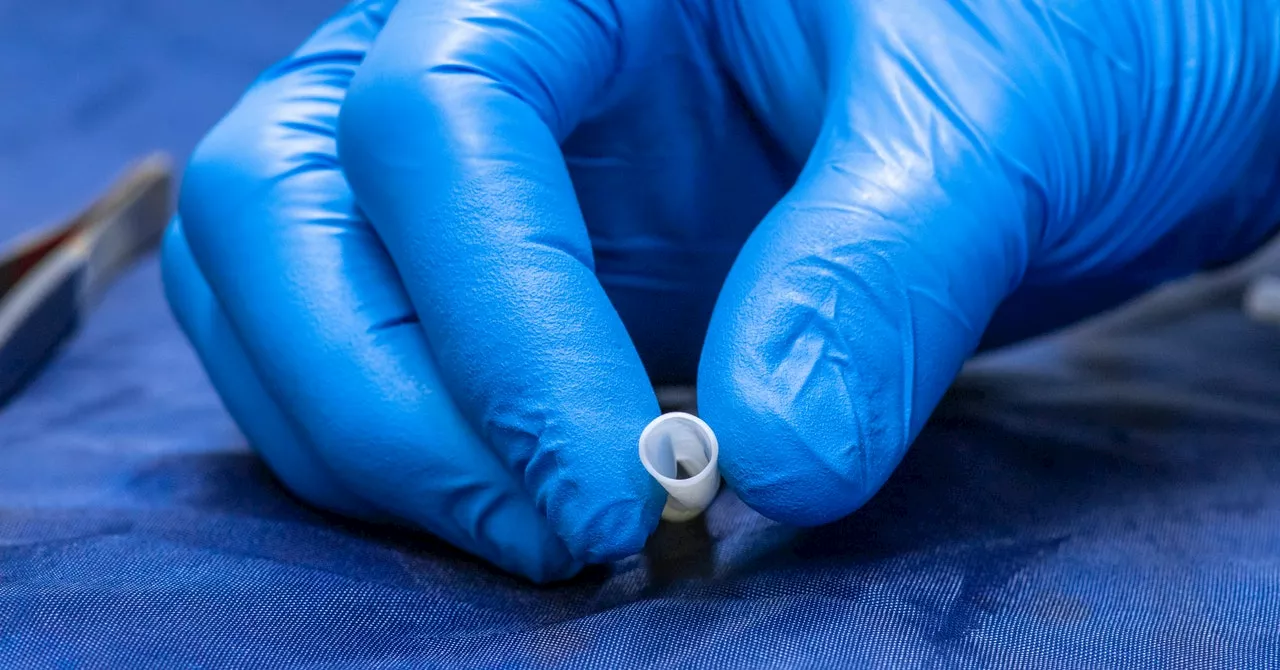Meatly, a UK-based company, is pioneering the use of lab-grown chicken for dog treats, aiming to reduce the environmental impact of pet food. Their product, Chick Bites, is made from cells cultivated in a lab from a single chicken egg, offering a sustainable and ethical alternative to traditional treats.
A significant portion of meat consumption in the United Kingdom is attributed to pets, according to experts, who estimate that 20% of all meat consumed in higher pet-owning nations, including the UK, is by animals rather than humans. This revelation highlights a previously overlooked aspect of meat consumption and its environmental impact. A company called Meatly is addressing this challenge by introducing lab-grown meat for pet food .
Their product, Chick Bites, is a type of dog treat made from cells cultivated in a lab from a single chicken egg. Meatly claims that this process produces a protein source that is both tasty and nutritious, comparable to traditional chicken breast, and has the potential to provide enough protein to feed pets indefinitely. While the cultivated meat industry is still developing and does contribute to CO2 emissions through its production facilities, which rely on electricity, studies show that it is more environmentally friendly than traditional beef farming. According to the European Environment Agency, producing cultivated meat uses 45% less energy and, when powered by renewables, can reduce greenhouse gas emissions by up to 92%. Additionally, it requires 95% less land and 78% less water compared to beef production. Beef production, a major contributor to methane emissions and requiring vast grazing land, has a significantly greater environmental impact than chicken production.Meatly's Chick Bites come in a resealable plastic pack with a cartoon of a dog waving a flag that reads, 'Puptivists changing the world.' CEO Owen Ensor stated in an email to NPR that Chick Bites are currently on sale for £3.49 (approximately $4.35) per pack, placing them within the middle price range for dog treats. Professor Andrew Knight, a veterinary science expert at the University of Winchester, emphasizes the importance of considering pet meat consumption when evaluating the environmental impact of meat. He notes that the focus has traditionally been on human diets, but this new perspective highlights the significant role pets play in meat consumption. Interestingly, research has shown that a higher percentage of people (47.3%) are willing to feed cultivated meat to their pets compared to those willing to eat it themselves (32.5%). This suggests a growing acceptance of lab-grown meat as a sustainable food source for animals
Lab-Grown Meat Pet Food Sustainability Environment Chicken Dog Treats
United States Latest News, United States Headlines
Similar News:You can also read news stories similar to this one that we have collected from other news sources.
 Lab-Grown Dog Treats Hit the UK MarketMeatly, a UK-based company, is launching lab-grown dog treats made from chicken cells, promising a sustainable and potentially safer alternative to traditional treats. The treats, called Chick Bites, are currently available at a single Pets at Home store in Brentford, England, with plans for wider distribution in the future.
Lab-Grown Dog Treats Hit the UK MarketMeatly, a UK-based company, is launching lab-grown dog treats made from chicken cells, promising a sustainable and potentially safer alternative to traditional treats. The treats, called Chick Bites, are currently available at a single Pets at Home store in Brentford, England, with plans for wider distribution in the future.
Read more »
 Bone appétit! Dog treats from lab-grown meat are hitting the U.K. marketExperts say a fifth of U.K. meat consumption is by pets, not people. If Fido eats lab-grown meat, they say, it could cut the country's carbon footprint.
Bone appétit! Dog treats from lab-grown meat are hitting the U.K. marketExperts say a fifth of U.K. meat consumption is by pets, not people. If Fido eats lab-grown meat, they say, it could cut the country's carbon footprint.
Read more »
 Lab-grown Diamond Jeweler Unsaid Opens Carbon-neutral Flagship in ParisLab-grown diamond jeweler Unsaid is aiming for carbon-neutral certification for its first flagship in Paris, as it plans to open 30 doors in 2025.
Lab-grown Diamond Jeweler Unsaid Opens Carbon-neutral Flagship in ParisLab-grown diamond jeweler Unsaid is aiming for carbon-neutral certification for its first flagship in Paris, as it plans to open 30 doors in 2025.
Read more »
 Should you choose a lab-grown diamond engagement ring instead of a natural diamond engagement ring?If a lab-grown diamond lasts as long as a traditional, mined diamond and delivers just as much sparkle, then you can save thousands by opting for a lab-grown kind of gem.
Should you choose a lab-grown diamond engagement ring instead of a natural diamond engagement ring?If a lab-grown diamond lasts as long as a traditional, mined diamond and delivers just as much sparkle, then you can save thousands by opting for a lab-grown kind of gem.
Read more »
 Lab-Grown Babies: The Future of Parenthood?Scientists are on the verge of growing human eggs and sperm in a lab, potentially revolutionizing fertility treatment and allowing same-sex couples to have biological children. The Human Fertilisation and Embryology Authority (HFEA) is exploring the ethical implications and potential benefits of this groundbreaking technology, known as in vitro gametogenesis (IVG). While promising, IVG raises concerns about 'solo parenting', 'multiplex parenting', and the potential for genetic screening.
Lab-Grown Babies: The Future of Parenthood?Scientists are on the verge of growing human eggs and sperm in a lab, potentially revolutionizing fertility treatment and allowing same-sex couples to have biological children. The Human Fertilisation and Embryology Authority (HFEA) is exploring the ethical implications and potential benefits of this groundbreaking technology, known as in vitro gametogenesis (IVG). While promising, IVG raises concerns about 'solo parenting', 'multiplex parenting', and the potential for genetic screening.
Read more »
 This Blood Vessel Was Grown in a Lab With Real Human CellsThe FDA recently approved a bioengineered blood vessel, which becomes part of a patient’s body over time. It’s designed to help treat victims of traumatic injuries.
This Blood Vessel Was Grown in a Lab With Real Human CellsThe FDA recently approved a bioengineered blood vessel, which becomes part of a patient’s body over time. It’s designed to help treat victims of traumatic injuries.
Read more »
